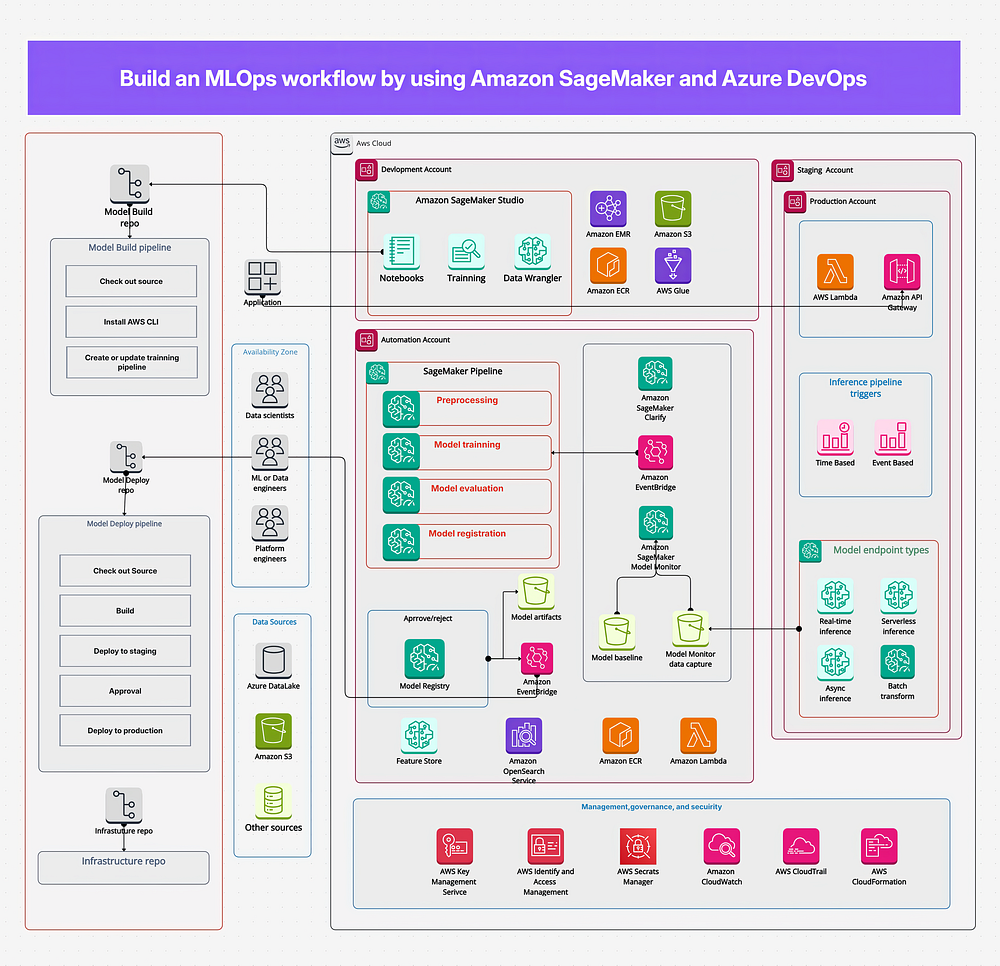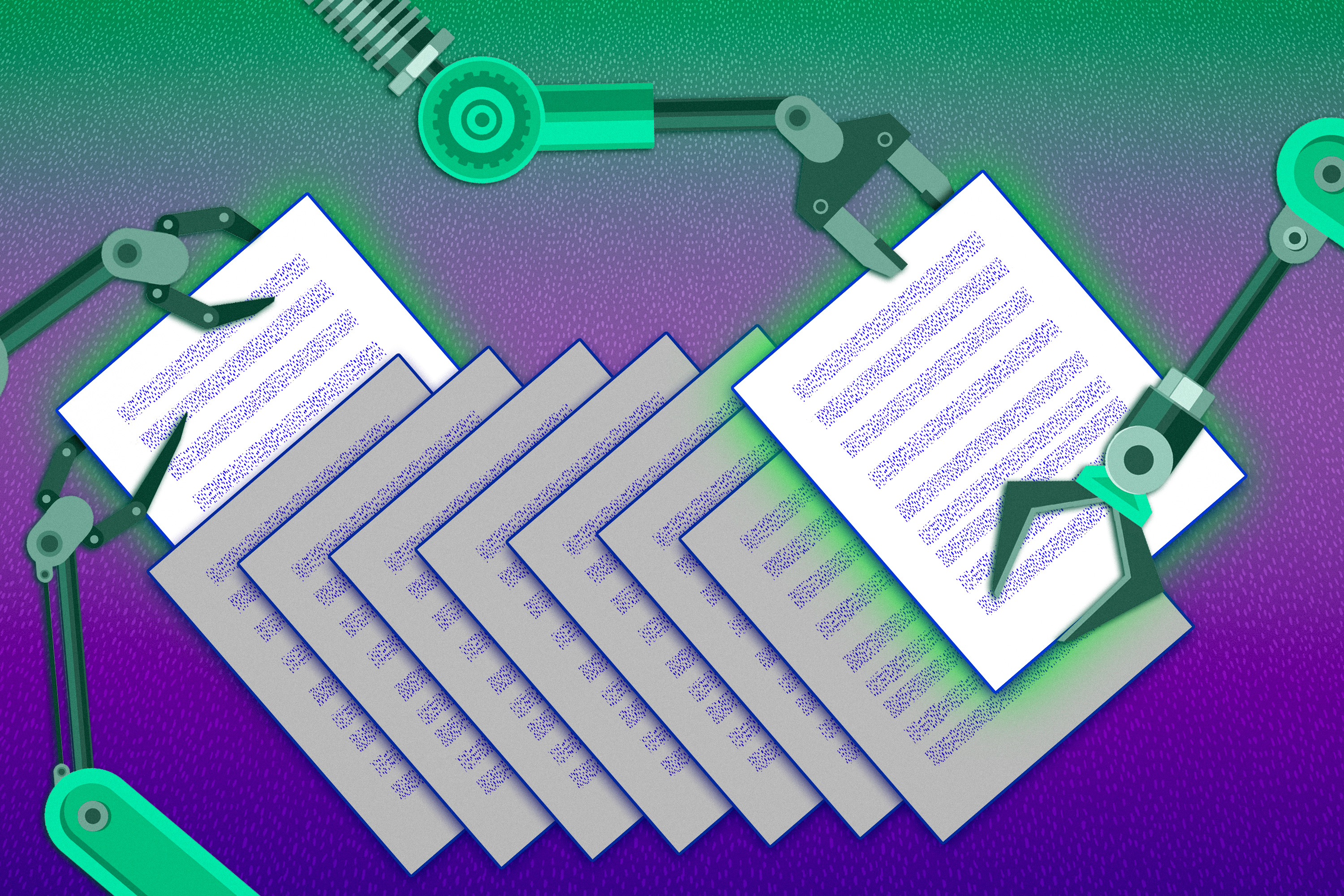Introduction to the Conflict
OpenAI executives have discussed filing an antitrust complaint with US regulators against Microsoft, the company’s largest investor, The Wall Street Journal reported Monday, marking a dramatic escalation in tensions between the two long-term AI partners. OpenAI, which develops ChatGPT, has reportedly considered seeking a federal regulatory review of the terms of its contract with Microsoft for potential antitrust law violations, according to people familiar with the matter.
The Potential Antitrust Complaint
The potential antitrust complaint would likely argue that Microsoft is using its dominant position in cloud services and contractual leverage to suppress competition, according to insiders who described it as a "nuclear option," the WSJ reports. This complaint could have significant implications for the AI industry, particularly for the partnership between OpenAI and Microsoft.
The Partnership Between OpenAI and Microsoft
The move could unravel one of the most important business partnerships in the AI industry—a relationship that started with a $1 billion investment by Microsoft in 2019 and has grown to include billions more in funding, along with Microsoft’s exclusive rights to host OpenAI models on its Azure cloud platform. This partnership has been crucial for the development and deployment of OpenAI’s technologies, including ChatGPT.
Causes of the Friction
The friction centers on OpenAI’s efforts to transition from its current nonprofit structure into a public benefit corporation, a conversion that needs Microsoft’s approval to complete. The two companies have not been able to agree on details after months of negotiations, sources told Reuters. OpenAI’s existing for-profit arm would become a Delaware-based public benefit corporation under the proposed restructuring.
Negotiations and Demands
The companies are discussing revising the terms of Microsoft’s investment, including the future equity stake it will hold in OpenAI. According to The Information, OpenAI wants Microsoft to hold a 33 percent stake in a restructured unit in exchange for foregoing rights to future profits. The AI company also wants to modify existing clauses that give Microsoft exclusive rights to host OpenAI models in its cloud.
Conclusion
The potential antitrust complaint by OpenAI against Microsoft highlights the complexities and challenges in the AI industry, particularly when it comes to partnerships and collaborations. The outcome of this dispute could have significant implications for the future of AI development and deployment, and it will be interesting to see how the situation unfolds.
FAQs
- Q: What is the nature of the conflict between OpenAI and Microsoft?
A: The conflict arises from OpenAI’s desire to transition into a public benefit corporation, which requires Microsoft’s approval. The two companies are at odds over the terms of this transition, including Microsoft’s future equity stake in OpenAI and its exclusive rights to host OpenAI models. - Q: What is an antitrust complaint, and why is OpenAI considering filing one?
A: An antitrust complaint is a legal action taken against a company for violating antitrust laws, which are designed to promote competition and prevent monopolies. OpenAI is considering filing an antitrust complaint against Microsoft because it believes Microsoft is using its dominant position in cloud services to suppress competition. - Q: How could this conflict affect the AI industry?
A: The conflict between OpenAI and Microsoft could have significant implications for the AI industry, particularly if it leads to a dissolution of their partnership. This could impact the development and deployment of AI technologies, including ChatGPT, and could also influence how other companies in the industry structure their partnerships and collaborations.










